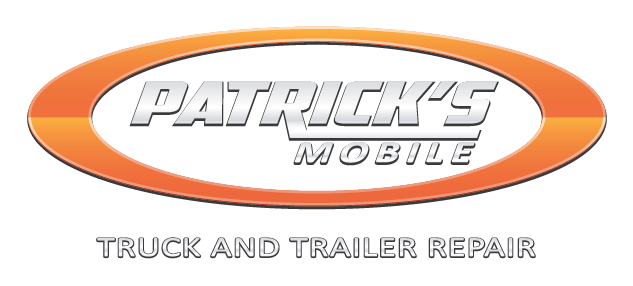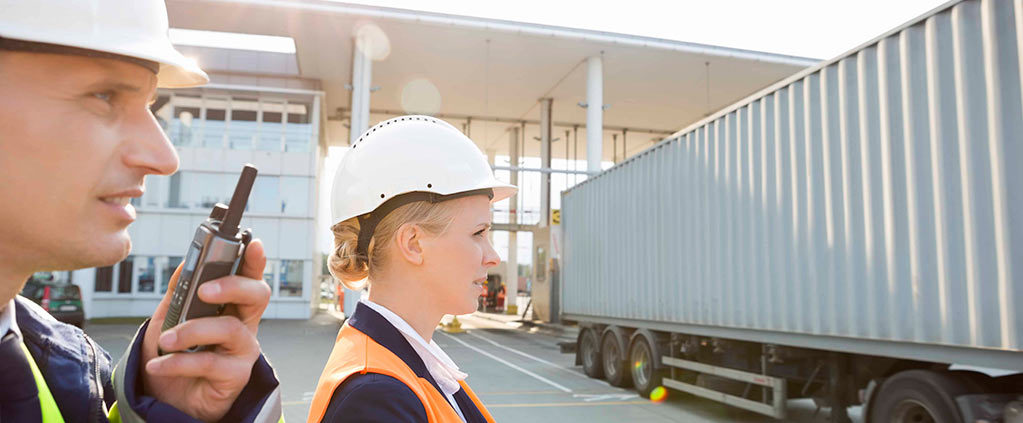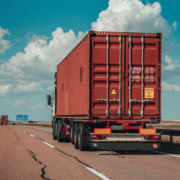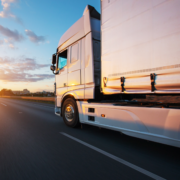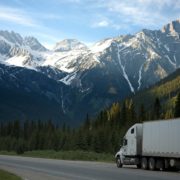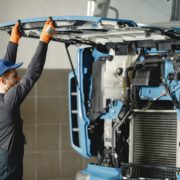What Will The Future Of Trucking Look Like?
What does the future hold for the trucking industry? It’s not hard for us to slip into daydreams about what the next few decades will look like. Will our team soon be interacting with a computer system alone on the side of the road instead of a driver? Or will trucking stay as it has for the past half-century? There are many trends we have to watch very closely if we want to make accurate predictions for the future!
Canada’s Trucking Industry: The Future of Trucking
 We don’t know if you’ve looked at a map recently, but our country is huge. We’re incredibly dependent on truckers to get the sheer volume of food, mail, and other stuff necessary for daily life across the country. 90% of everything that ends up in stores comes to us from trucking. It’s safe to say that trucking will be with us in the foreseeable future and beyond.
We don’t know if you’ve looked at a map recently, but our country is huge. We’re incredibly dependent on truckers to get the sheer volume of food, mail, and other stuff necessary for daily life across the country. 90% of everything that ends up in stores comes to us from trucking. It’s safe to say that trucking will be with us in the foreseeable future and beyond.
However, there are many indications that, as the demand for trucking increases, the industry won’t be able to get the drivers it needs to keep up. Stagnant wages and long drives have hurt the reputation of truck driving as a way of making a living. This could lead to developments only seen in science fiction: automated trucks.
Are Automated Trucks The Future of Trucking?
It wasn’t the main focus of the film, but the X-Men movie Logan offered a glimpse into a world with automated trucking – one that didn’t really have a positive impact on Wolverine. It’s hard to say how close we are to this kind of future (though hopefully, it will be safer), but many companies are already banking on automated trucks as the future of trucking.
Fortigo Freight, a trucking company based in Toronto, has set its sights on this kind of future; in 2017, they purchased electronic semis from Tesla Motors. Each truck holds the promise of eventually becoming autonomous, and Fortigo was joined by major companies like Loblaws and Walmart Canada in making these “investments”.
The Tesla trucks are set to be released this year, though who knows how long it will be before the company can upgrade them to be fully autonomous. Many companies see it as the natural next step in long-haul trucking, and with major highway distances to be covered in countries like Canada, the U.S., and Australia, they might use it as a way to prevent dangerous driver fatigue and speed up transportation times.
The Future For Truck Drivers
The problem is, we’re still incredibly far away from driverless anything, let alone autonomous trucks. There are still significant operational issues with the cars already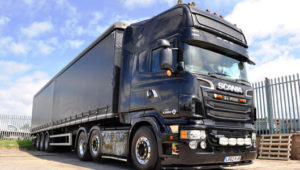 being tested, and companies who are banking their futures on automation, like Tesla and Uber, have seen serious – even deadly – drawbacks. These will need to be addressed alongside the technical and even political issues because 300,000 Canadians are involved in our trucking industry. Automation could be a huge labour disruption!
being tested, and companies who are banking their futures on automation, like Tesla and Uber, have seen serious – even deadly – drawbacks. These will need to be addressed alongside the technical and even political issues because 300,000 Canadians are involved in our trucking industry. Automation could be a huge labour disruption!
Many trucking companies aren’t banking on the automation of their workforce. But in response to industry changes, it could be that more responsibilities are offloaded to the truck drivers themselves. This could leave them with greater autonomy and more control over their work, but it could also impact pay and benefits.
It’s safe to say that the industry of today will stay with us well into the future, but there are many companies trying to change the way we transport goods across the country – and just as many trying not to be caught off-guard.
